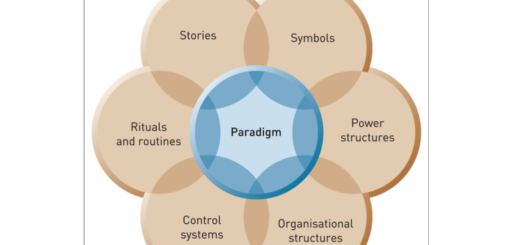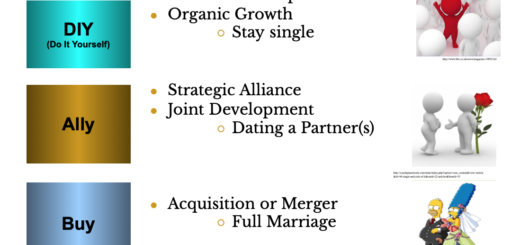Need Theory
Needs theories are a type of motivational theory that attempts to explain what drives and influences human behavior by identifying and categorizing the needs that individuals seek to satisfy. Needs theories propose that people are motivated by a range of needs that exist on a continuum, from basic physiological needs like food, water, and shelter to higher-level needs like self-actualization and self-esteem.
There are several prominent needs theories, including:
- Maslow’s Hierarchy of Needs: This theory proposes that human needs are arranged in a hierarchical order, with physiological needs at the bottom of the hierarchy and self-actualization needs at the top. According to Maslow, individuals must satisfy lower-level needs before they can be motivated by higher-level needs.
- Alderfer’s ERG Theory: This theory proposes that human needs can be grouped into three categories: Existence needs, Relatedness needs, and Growth needs. According to Alderfer, individuals can be motivated by needs in any of these categories, and multiple needs can be active simultaneously.
- Herzberg’s Two-Factor Theory: This theory proposes that there are two types of factors that influence motivation: hygiene factors and motivators. Hygiene factors, such as salary and working conditions, are essential to prevent dissatisfaction, but do not necessarily lead to motivation. Motivators, such as recognition and opportunities for growth, are the key drivers of motivation.
- McClelland’s Theory of Needs: This theory proposes that individuals have three primary needs: the need for achievement, the need for affiliation, and the need for power. McClelland suggested that individuals could be motivated by one or more of these needs, and that these needs were shaped by cultural and social factors.
Overall, needs theories offer valuable insights into what motivates individuals and can be used to design effective motivational strategies in the workplace. By understanding the needs that drive behavior, organizations can create a work environment that fosters motivation, engagement, and job satisfaction.



